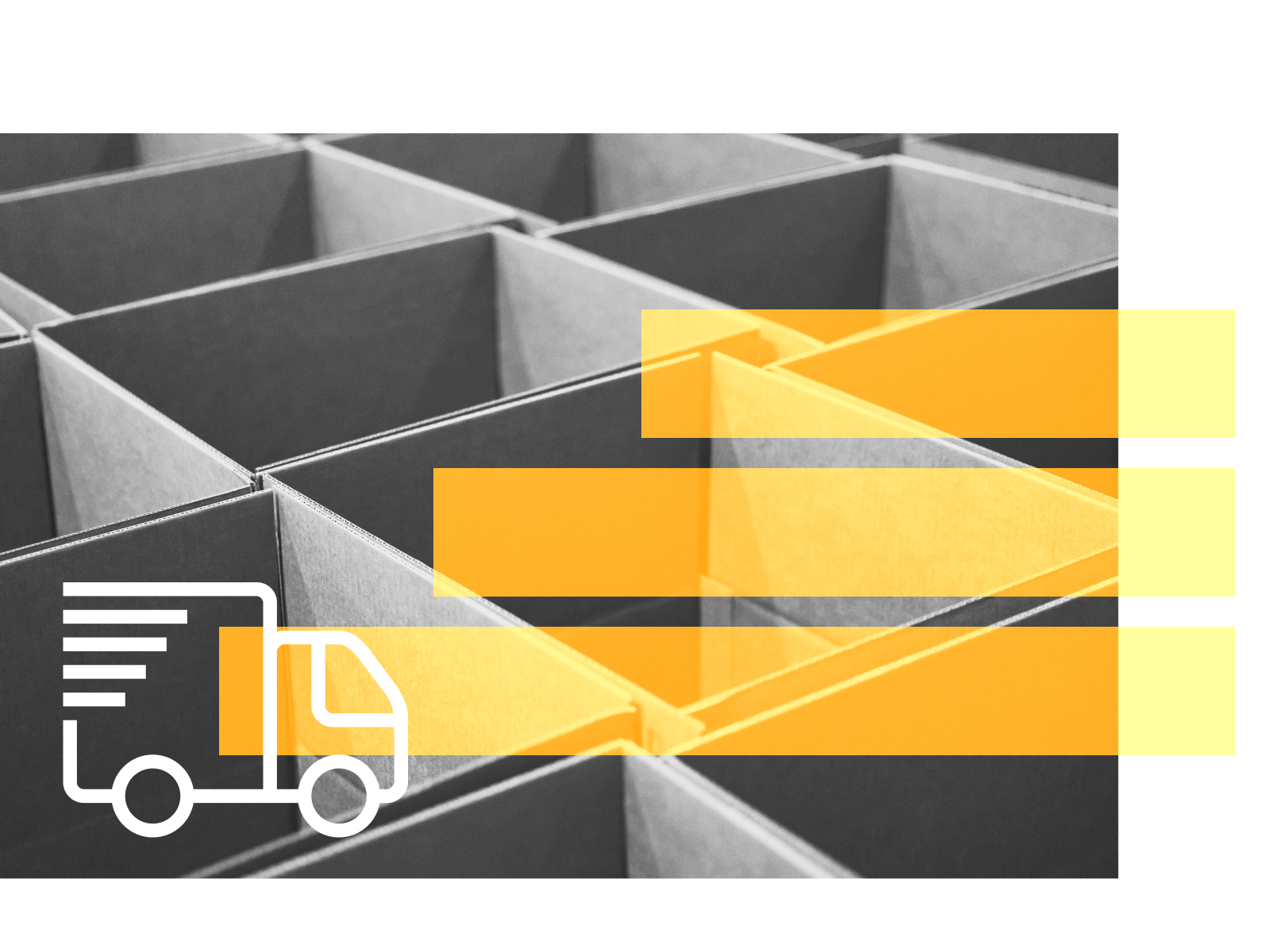How government platforms make AI coding assistants more effective
AI coding assistants are transforming how developers work, generating everything from boilerplate code to complex business logic in seconds. But these tools are only as effective as the context they have.

February 5, 2026


